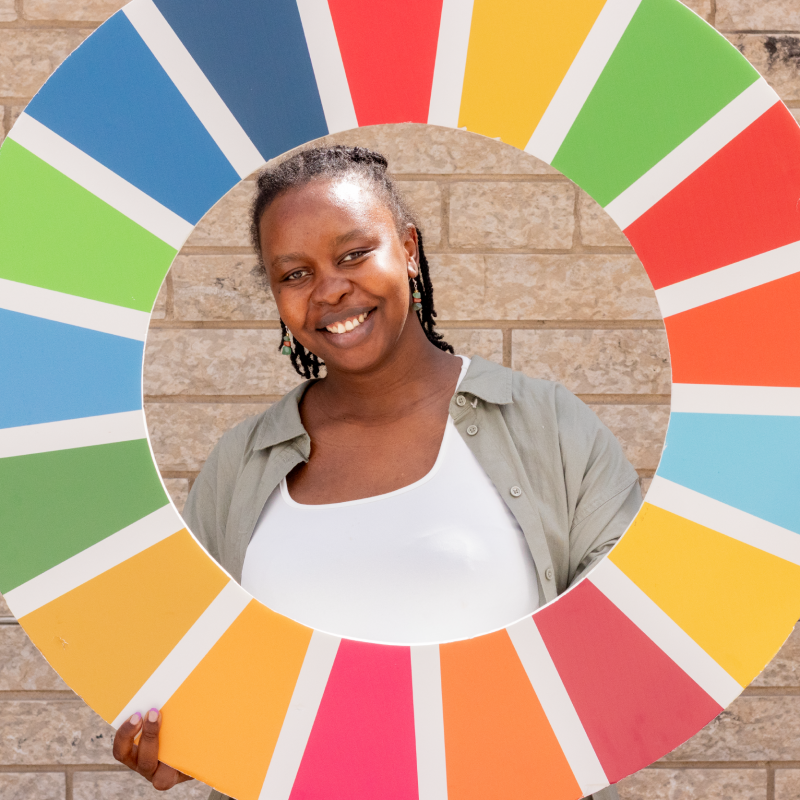Canadian Mennonite University (CMU) is ending its program in International Development Studies or IDS, reflecting changes in the field of global development.
Closing this program invites reflection, certainly for Professor Ray Vander Zaag, who has taught IDS at CMU for 25 years, and been involved with international cooperation in many capacities.
What’s the reason for closing the IDS program
“There are several,” says Vander Zaag. “Practically, jobs in international development are harder to come by. Many international NGOs [Non-Governmental Organizations] have adopted a “localization agenda”—in which most programming is planned and delivered by national/local partners, which centres the work within Southern communities themselves. So, fewer Canadians are being hired to work internationally.
Academically, many students are more focused on issues here in Canada, and there are many new competing programs in areas like human rights, women and gender studies, environmental studies, Indigenous studies, urban and inner-city studies – which attract students interested in particular social justice issues. Students can still use study in these fields to gain specialized knowledge and skills for careers in the global south and with development NGOs."
Manitoba is not alone in the decline of IDS. It’s happening elsewhere at post-secondary Canadian institutions. Research more than a decade ago identified some of the gaps between the academic study of 'development' and the direction of international policy and programming realities, as well as the problematic colonial roots of international development.
Personal reflections
Over this past summer, Pauline Njoroge worked as a CMU student intern with MCIC to help with some of our programs. We asked Pauline to share her perspective:

“Today, I find myself as the last student taking the international development studies course at my university. The program is shutting down not just here, but also in many other universities around the world. How can such an important program disappear?
Perhaps there is something deeper behind it than just budget cuts. Perhaps many students, like me, have experienced a sense of fatigue, a feeling that development has not fully lived up to its presumed promises.
If development is about creating a better world, then we need to ask: Better for whom? And by whose standards? Perhaps the real work is not just in designing projects but in reimagining the very foundation of what we call development. Because the way we define something will always influence the way we pursue it.”
Read Pauline's full reflection
Pauline’s reflection leaves a lot to unpack for all involved with international cooperation. As we commit to important principles—not just the words—of decolonization, localization, inclusion and participatory practices, there will be a need for changes at higher levels. And the words we use do matter.
What comes next for ‘international development’? Send us an email (info@mcic.ca) with your thoughts. We’d love to hear from you!

